Sugar production supply is inversely proportional to consumption demand.
After the 2022-2023 crop year, the total sugar production in the country will only reach 871,000 tons. Forecast data from the US Department of Agriculture shows that the amount of sugar consumed in Vietnam in 2023 is estimated at 2.389 million tons. Thus, the amount of sugar produced domestically will only meet 36.4% of domestic demand.
At the same time, the forecast of Vietnam's official sugar imports in 2023 is only about 319,070 tons. Of which, white sugar and raw sugar imports outside Vietnam's tariff quota are 200,000 tons. Sugar imports under Vietnam's WTO tariff quota commitments are expected to be 119,000 tons.
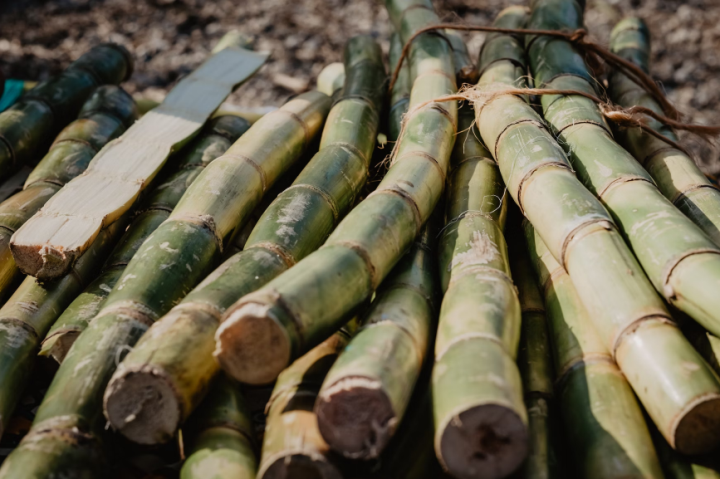
Faced with concerns about a sugar supply crisis, the Government Office recently issued an urgent dispatch proposing to import an additional 600,000 tons of sugar.
According to the official dispatch of the Ho Chi Minh City Food and Foodstuff Association (LTTP), sugar is one of the commodities heavily affected by the impact of the LTTP protection wave with decisions to restrict exports from India, Brazil... leading to a shortage of sugar reserves globally, along with the domestic sugarcane production season having ended while demand is expected to continue to increase, especially when the food production industry is preparing for peak seasons such as the Mid-Autumn Festival and Lunar New Year, with demand increasing by 20-30%.
Food and beverage businesses are facing pressure from a lack of domestically produced sugar supply, as the total amount of domestic sugar and sugar expected to be officially imported will only meet 50% of consumption demand in 2023.
Self-sufficiency in supply is still the key to maintaining internal strength.
In recent years, the sugarcane raw material source for production of Vietnamese sugar factories has been showing signs of serious decline. The main reason comes from the double impact of climate change, the COVID-19 pandemic, drought, storms and floods, in addition to the pressure from smuggled sugar, and sugarcane having to compete with other crops.
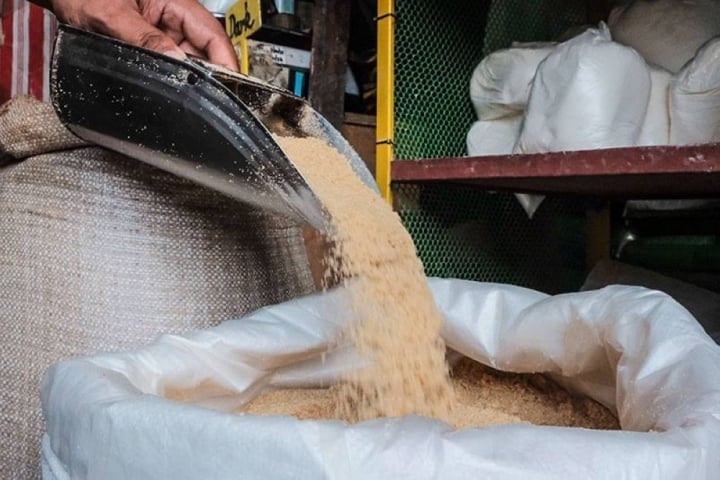
The recovery of the domestic sugar industry is expected to progress positively following the decision by the Ministry of Industry and Trade to continue imposing trade defense tax until 2026, helping domestic sugar factories have better opportunities to compete in the coming time.
Specifically, according to Decision No. 1989/QD-BCT recently issued by the Ministry of Industry and Trade after the first review of the application of anti-dumping and anti-subsidy measures on some cane sugar products originating from the Kingdom of Thailand, the Ministry of Industry and Trade continues to impose anti-dumping and anti-subsidy taxes on some cane sugar products produced and exported by some Thai companies, with the implementation period from August 18, 2023 to June 15, 2026.
This demonstrates the Government's concern for ensuring the supply of domestically produced raw materials, the interests of consumers and sugarcane farmers.
However, it can be seen that benefiting from increased sugar prices as well as advantages in import tax and trade defense tax is only a short-term solution.
In the future, the problem of stabilizing supply and demand and the industry's prospects depends on the reasonable addition of sugar import quotas. In fact, the import of raw sugar is only to ensure domestic supply shortages, without affecting the domestic production market share. This helps ensure that the demand for quality and diverse products is met, serving consumers during the period of raw material scarcity.
In general, supporting the sugar industry is playing an important role in maintaining price stability and providing raw materials for food production. Coordination between the Government, the development of self-sufficient raw material areas from enterprises and the cooperation of farmers is the key to ensuring the sustainable development of the sugar industry and coping with objective impacts from the market.
On August 23, the Indian government announced plans to ban sugar exports in the 2023-24 crop year, starting from October 2023, due to concerns that reduced rainfall will negatively impact sugarcane yields. This marks the first time in seven years that India has decided to ban sugar exports. Since 2016, India has imposed a tax of up to 20% on sugar exports to prioritize supplies for the domestic market.
Then on August 29, 2023, the Economic Coordination Committee (ECC) of Pakistan also approved a ban on sugar exports to stabilize domestic prices in the country. The ban was issued at the request of the Ministry of National Food Security after the caretaker Finance Minister Shamshad Akhtar chaired a meeting of the ECC to review the ongoing situation in the country.
The decision to ban sugar exports by the world's leading sugar cane powers is expected to significantly reduce global supply, simultaneously pushing up prices of all types of food and foodstuffs if there are no timely control measures.
Bao Anh
Source



![[Photo] National Assembly Chairman Tran Thanh Man chairs the 8th Conference of full-time National Assembly deputies](https://vphoto.vietnam.vn/thumb/1200x675/vietnam/resource/IMAGE/2025/9/29/2c21459bc38d44ffaacd679ab9a0477c)
![[Photo] General Secretary To Lam attends the ceremony to celebrate the 80th anniversary of the post and telecommunications sector and the 66th anniversary of the science and technology sector.](https://vphoto.vietnam.vn/thumb/1200x675/vietnam/resource/IMAGE/2025/9/29/8e86b39b8fe44121a2b14a031f4cef46)
![[Photo] General Secretary To Lam chairs the meeting of the Central Steering Committee on preventing and combating corruption, waste and negativity](https://vphoto.vietnam.vn/thumb/1200x675/vietnam/resource/IMAGE/2025/9/29/fb2a8712315d4213a16322588c57b975)
![[Photo] Many streets in Hanoi were flooded due to the effects of storm Bualoi](https://vphoto.vietnam.vn/thumb/1200x675/vietnam/resource/IMAGE/2025/9/29/18b658aa0fa2495c927ade4bbe0096df)
![[Photo] General Secretary To Lam receives US Ambassador to Vietnam Marc Knapper](https://vphoto.vietnam.vn/thumb/1200x675/vietnam/resource/IMAGE/2025/9/29/c8fd0761aa184da7814aee57d87c49b3)
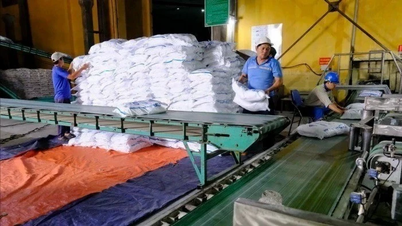





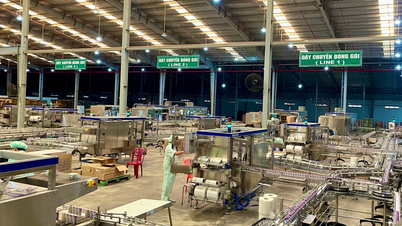

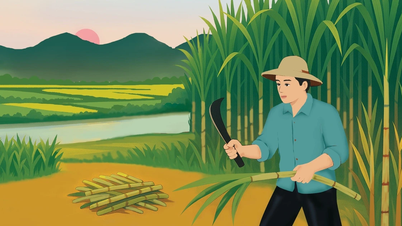


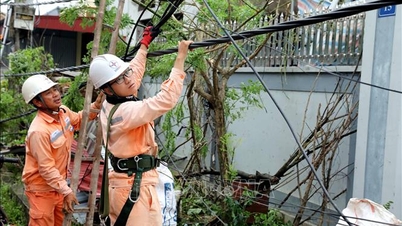

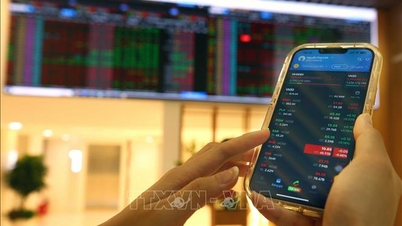



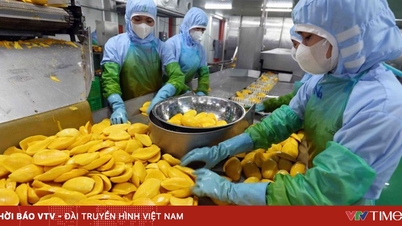









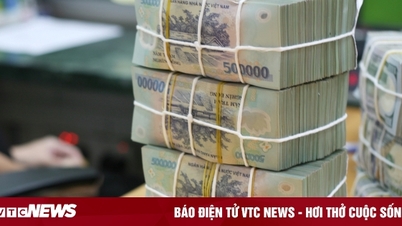

















































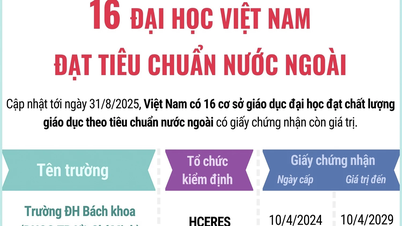





















Comment (0)